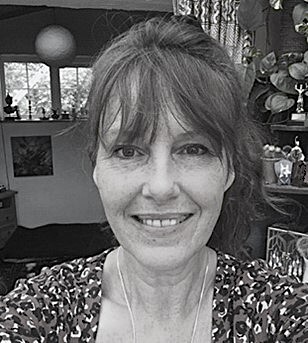
Dr Micaela Gal
Health and Care Research Wales Evidence Centre
I worked for many years in the NHS as a microbiologist and then in Cardiff University as a researcher in trials around infections and the responsible use of antibiotics. We did the research and published in journals.
However, I became more and more interested in how to make research findings accessible and understood so they can be used to make a difference. So about 10 years ago, I moved to roles which focused on knowledge mobilisation and ways to help research findings be used to inform practice.
In the Evidence Centre, I work with Elizabeth Doe who is the research prioritisation and impact manager. Together with interest holders and members of our public partnership group we develop knowledge mobilisation plans for each piece of research, produce infographics, lay summaries and social media pieces, arrange evidence briefings and track the difference the research is making.
We are also doing work on the language used in our reports, to make sure this is understood by people who are not researchers.
Outside of work I love being outdoors, gardening, walking my dogs, and caring for my six elderly pet sheep Gioia, Genna, Goose, Bart, Charlie and Derek.
